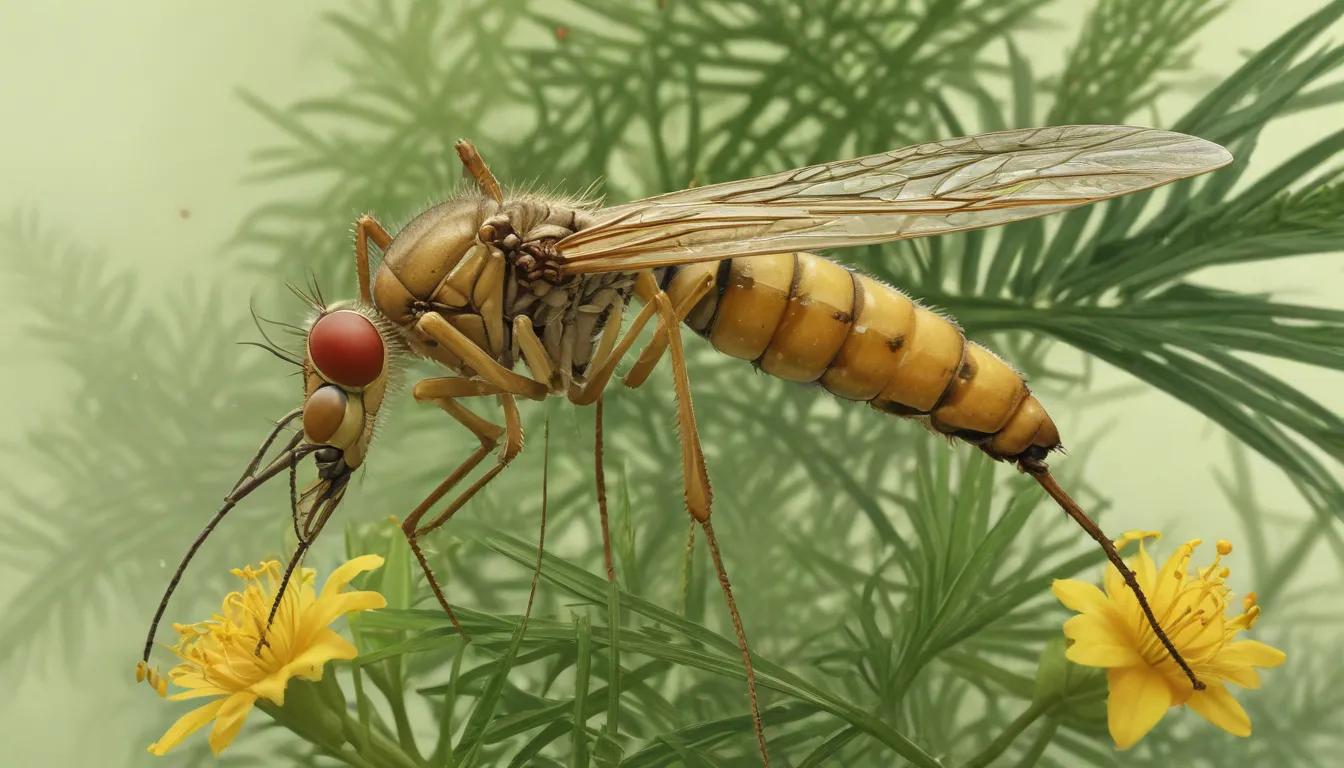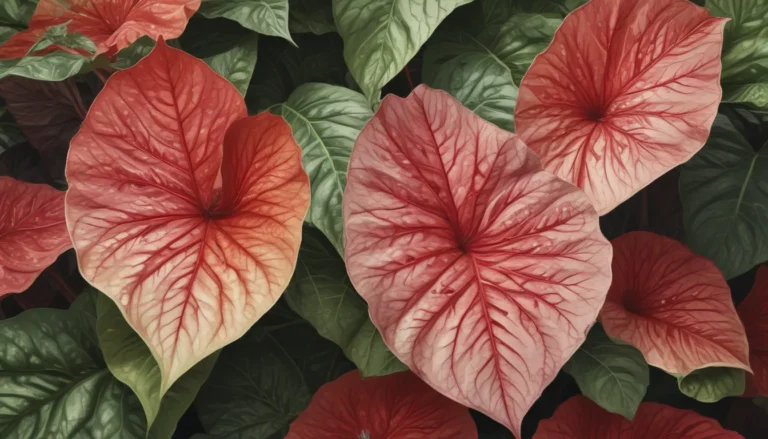The pictures we use in our articles might not show exactly what the words say. We choose these pictures to make you interested in reading more. The pictures work together with the words but don’t take their place. The words still tell you the important facts.
In the realm of gardening and plant enthusiasts, the citronella plant stands out as a fascinating and versatile addition to any outdoor space. Not only does it boast aromatic properties that attract beneficial insects, but it also serves as a natural mosquito repellent, making it a must-have for those looking to create a serene and pest-free environment. Let's delve into the captivating world of the citronella plant and uncover 13 astonishing facts that will enhance your understanding and appreciation of this remarkable plant.
Unveiling the Truth Behind Citronella:
- Not the True Source: Contrary to popular belief, the citronella plant (Cymbopogon nardus) is not the source of the citronella oil used in repellents. The genuine citronella oil comes from lemongrass, specifically Cymbopogon winterianus, due to its potent mosquito-repellent properties.
- Unique Aroma: The intense citronella aroma emitted when the leaves of the plant are crushed acts as a natural mosquito repellent, making it a sought-after plant for outdoor spaces.
Discovering the Intriguing Characteristics of the Citronella Plant:
- Perennial Grass: Thriving in tropical and sub-tropical regions, the citronella plant is a perennial grass that can reach a height of up to 5 to 6 feet when fully grown.
- Sun-Loving Plant: Requiring at least 6 to 8 hours of direct sunlight daily, the citronella plant is best suited for locations with ample sunlight for optimal growth.
The Versatility and Practicality of the Citronella Plant:
- Culinary Uses: The leaves of the citronella plant can be used to flavor dishes and beverages, adding a unique citrusy and herbal essence to soups, stir-fries, teas, and cocktails.
- Low-Maintenance: Once established, citronella plants are drought-tolerant and require minimal care, making them a hassle-free addition to any garden.
Tips and Tricks for Growing Citronella Plants Successfully:
- Propagation: Citronella plants can be propagated from cuttings by rooting them in well-drained soil. Once established, they can be transplanted into containers or directly into the garden.
- Container Gardening: For those with limited garden space, growing citronella plants in containers is a viable option. Choose a large pot with drainage holes and provide well-draining soil for optimal growth.
Exploring the Other Benefits of Citronella Plants:
- Natural Air Freshener: Apart from repelling mosquitoes, the refreshing fragrance emitted by the citronella plant can naturally freshen up outdoor spaces like patios and balconies.
- Companion Planting: Utilizing citronella plants in companion planting alongside other beneficial plants can help repel pests and deter harmful insects, creating a natural pest control system.
The Cultural and Medicinal Significance of Citronella:
- Spiritual and Medicinal Properties: In certain cultures, the citronella plant is revered for its spiritual and medicinal properties, with traditional remedies using it to address various ailments like digestive disorders, coughs, and fevers.
Embracing the Citronella Plant in Your Outdoor Space:
With its multifaceted benefits and captivating qualities, the citronella plant proves to be a remarkable addition to any garden or patio. Whether you choose to cultivate it for its mosquito-repellent properties, culinary uses, or aromatic qualities, the citronella plant offers a unique blend of functionality and beauty. So, seize the opportunity to incorporate this extraordinary plant into your outdoor oasis and revel in a summer free from pesky mosquitoes!
FAQs About Citronella Plants:
- Growing Indoors: Citronella plants can thrive indoors with adequate sunlight and well-draining soil, benefiting from outdoor exposure during warmer months.
- Care Tips: Regular watering, occasional fertilization, and pruning are essential for maintaining healthy citronella plants.
- Mosquito Repellent Efficacy: Citronella plants are most effective against specific mosquito species, such as the Aedes aegypti mosquito.
- Culinary Uses: While citronella leaves have a lemony fragrance, they are not commonly used for culinary purposes.
- Pet Safety: Citronella plants are generally non-toxic to pets, but it's advisable to monitor their interaction with plant material.
In summary, the citronella plant stands as a testament to nature's ingenuity, offering a myriad of benefits and uses to enrich your outdoor experience. From its role as a natural mosquito repellent to its culinary applications and aromatic allure, the citronella plant continues to captivate and inspire gardeners worldwide. So, embrace the power of citronella and bask in the beauty and functionality it brings to your outdoor sanctuary.






